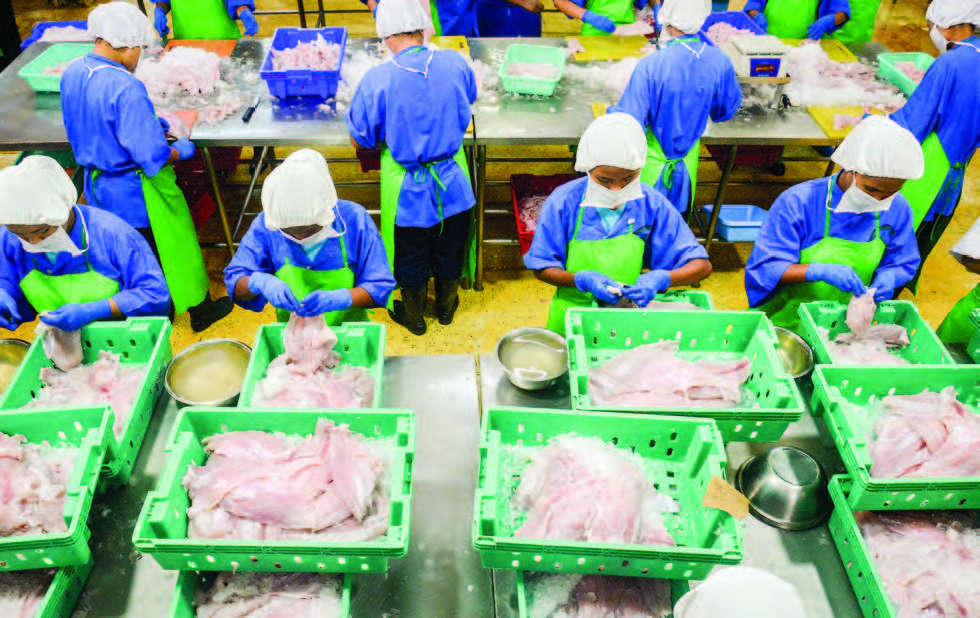Myanmar has attracted over US$24.6 billion over the four years under the incumbent government, and Singapore tops the list, according to the Directorate of Investment and Company Administration (DICA). The Myanmar Investment Commission (MIC) and the respective investment committees granted permits and endorsements to 1,004 foreign enterprises between 2016-2017 Financial Year and as of July-end in the 2019-2020FY, with estimated capitals of $24.6 billion.
Of them, Special Economic Zones raked in investments worth $1.348 billion from 58 enterprises under the Special Economic Zone Law in the past four years, while FDI of $23.26 billion flowed into the country under the Myanmar Investment Law, the DICA’s data showed. The FDIs flow into oil and gas, power, transportation and communication, real estate, hotels and tourism, mining, livestock and fisheries, industrial estate, agriculture, construction, manufacturing, trading, logistics and other service sectors. Under the Myanmar Investment Law, transport and communications sector tops the investment line-up, followed by manufacturing in the second place and real estate in the third place. Of 36 foreign countries investing in Myanmar in the past four years, Singapore put the most massive investments, followed by China and Hong Kong SAR.
Meanwhile, Japan is the largest investors in the special economic zones under the Special Economic Zone Law, followed by Singapore and Thailand. Manufacturing sector pumped in the most massive investments in the zones. MIC is prioritizing the labour-intensive businesses. In the incumbent government period, domestic and foreign projects employ over 500,000 residents, according to the DICA. Those enterprises have created over 19,000 jobs in the 2016-2017FY, 110,000 jobs in the 2017-2018FY, over 53,000 jobs in the 2018 mini-budget period, over 180,000 jobs in the 2018-2019FY and over 182,000 (Oct-July) in the 2019-2020FY respectively.
Source: The Global New Light of Myanmar

